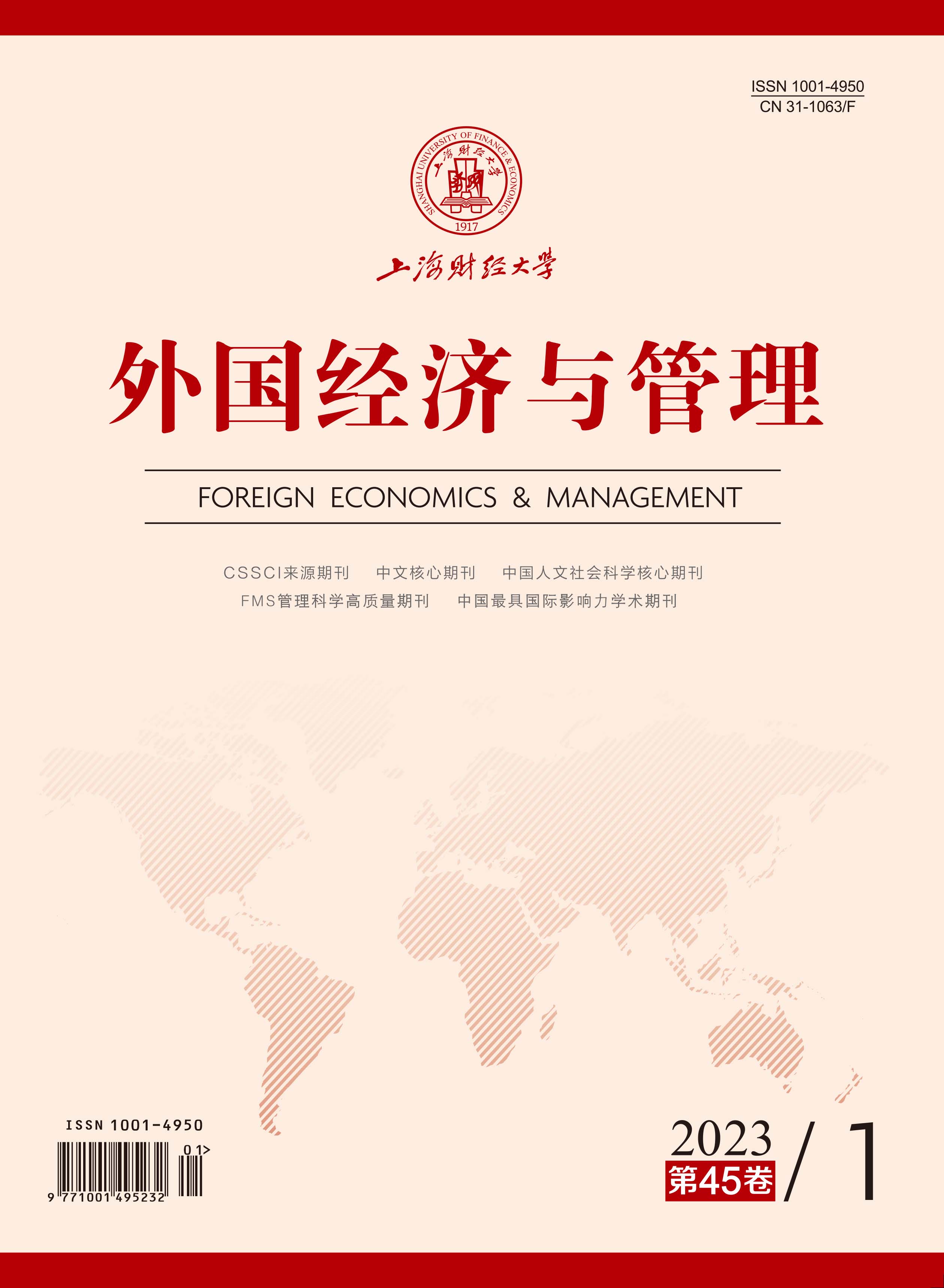From the perspective of system theory, the rural area is an independent system interacting with the urban area, not just a space solely engaged in agricultural production. Therefore, rural revitalization is not simple countryside revitalization. On the basis of combing the relevant research on rural entrepreneurship at home and abroad, according to the development of entrepreneurship theory, and adapting to the practical needs of rural entrepreneurship in China, this paper takes the deconstruction of the essence of “rural” entrepreneurship space as the logical starting point, follows the logical thinking of “where to start a business — who is an entrepreneur — what kind of business to start”, and constructs the theoretical framework of China’s rural entrepreneurship research.
The conclusions are as follows: First, the essence of rural entrepreneurship is to create new enterprises or businesses related to agricultural economic activities in rural space, with farmers as the main body and agriculture as the foundation. Second, starting from the three dimensions of rural space, farmers and rural industry, the construction objectives of the rural entrepreneurship research framework include the improvement of farmers’ entrepreneurship ability, the expansion of agricultural functions and the extension of rural entrepreneurship space. Third, the basic content of the rural entrepreneurship research framework includes the basic theory and method research, the investigation of rural entrepreneurship subjects and their abilities, the expansion of agricultural functions and the derivation of new business forms in rural entrepreneurship, the extension of rural entrepreneurship space and its logic, and the promotion of rural entrepreneurship to the process of urban-rural integration. Fourth, the logical relationship of the content of the rural entrepreneurship research framework is, by investigating rural entrepreneurship activities with farmers as the main body, to explore ways and paths to develop new agricultural functions, derive new rural formats, improve the rural single industrial structure, form agricultural industrial clusters, explore rural entrepreneurship activities to bridge urban-rural links, promote urban-rural integration, and alleviate the basic social contradictions of “unbalanced urban-rural development and insufficient rural development”.
The contributions of this paper are that: First, it puts forward the new concept of “rural entrepreneurship”. In view of the concepts of “farmer entrepreneurship” (emphasis on entrepreneurial subject characteristics), “countryside entrepreneurship” (emphasis on the external environment), and “agricultural entrepreneurship” (emphasis on industrial properties), from the perspective of system theory, this paper considers the internal relationship between entrepreneurial subject characteristics, entrepreneurial environment, and industrial properties, and regards “rural areas, farmers and agriculture” as the interrelated and interactive subsystems of rural system to deconstruct the essence of rural entrepreneurship. Second, it constructs the theoretical framework of rural entrepreneurship research. Placing entrepreneurial activities in rural areas in the special urban-rural dualistic system context of China, and taking “improving the ability of rural entrepreneurial subjects — expanding the functions of rural entrepreneurial industries — expanding the space of rural entrepreneurial activities” as the specific goal, this paper theoretically deconstructs the entrepreneurial activities in rural areas. The theoretical framework reflects the organic connection between “rural areas, farmers and agriculture”, and shows its systematicness, so as to enhance the practical explanatory power of the theory.





 8873
8873  6737
6737

